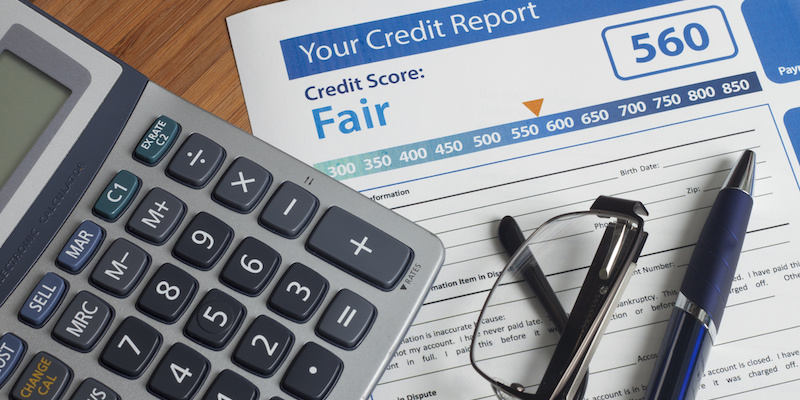During divorce, spouses often discover financial information of which they had been unaware. One of these hidden secrets is one’s credit score.
For those who do not know, several credit reporting agencies (including Equifax, the hack victim in the news lately) collect data on everyone’s credit history and turn it into an index score. Your credit history consists of credit cards, installment contracts, mortgages and the like. You get points for using credit cards and paying timely and paying off your balance quickly; you lose points for not having credit cards (really) and paying late, particularly if your balance went to a bill collector.
Why does a credit score even matter? If you want to get a loan, get a credit card with more than a $200 limit, you need good credit. During divorce, when spouses tend to have an urgent need for credit for expenses they suddenly cannot afford, having good credit can be a lifesaver.
If you have been married, it is likely that you have had joint accounts – bank accounts, credit cards and other shared history. You may have accounts in your name you did not even realize existed. And if one spouse happened to run up a tab and not pay, well – that hurts your credit score. Also, if you do not maintain individual credit during your marriage, you will be left to the marital credit score, which could be low. Bottom line: if you have poor credit at the time of divorce, it may be hard to finance your new life post-divorce.
So how do you fix your credit rating?
First, run your credit score through one of the free credit reporting services. It will list every account with your name on it and the history on those accounts. You might find quite a bit you did not realize happened in your name.
Second, close every joint account that the law will allow. Please note that some courts will not allow you to close any accounts without a court order or the permission in writing of the other spouse (that is the rule in most courts in Missouri).
Third, correct every error on the report. If you see balances that went to collection that never happened or have been paid, get those cleared off because they cost the most in points.
Fourth, for every outstanding account, make sure you pay the minimum balance every month. Delinquent payments are your enemy at this time.
Fifth, get new cards in your own name. You may not have huge lines of credit at first, but you need to start. If you want an individual credit history based only on your purchases, you need your own cards. Eventually, the older history will go away as the reporting agencies only care about the most recent history (12-24 months out).
You should think about the impact a divorce settlement will have on your ability to pay and continue building credit. For example, if you cannot afford the mortgage, do not ask for the house. If you cannot afford to pay your spouse an offset, do not agree to it. Downsizing has credit advantages – you get away from bills you cannot pay and build up a record of bills you can pay.
If you are even thinking of getting a divorce, run your credit score.
If you have questions about credit scores and divorce, contact us – we can help.
